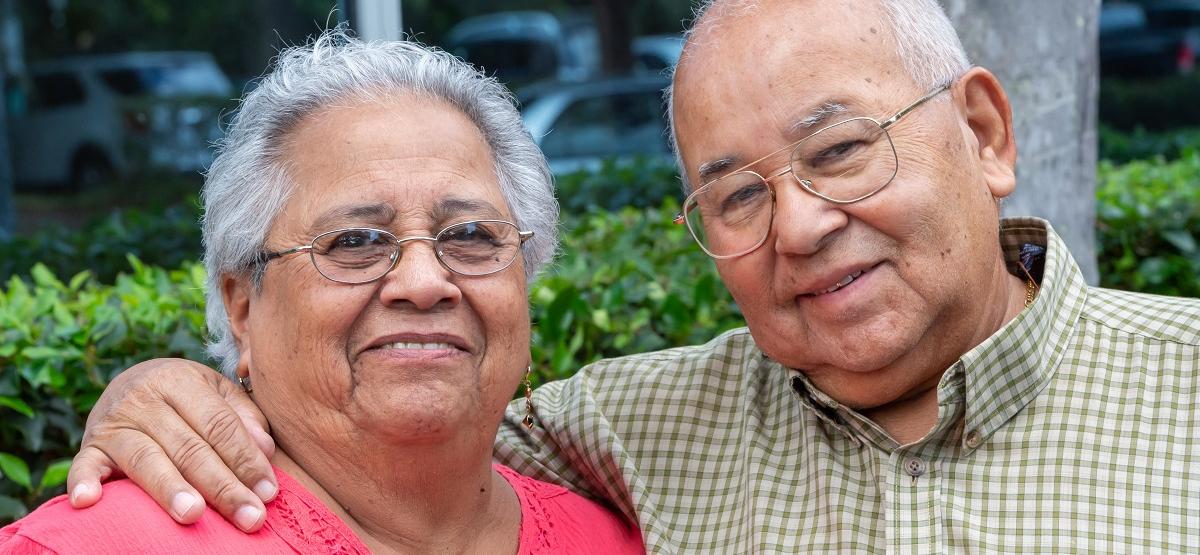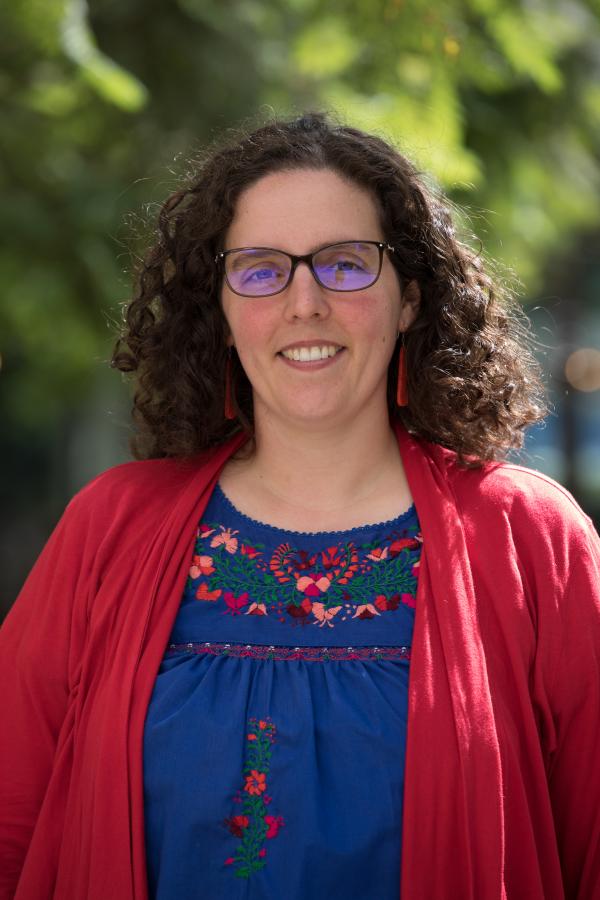Overview
U.S. Latino communities are culturally, linguistically, and geographically heterogenous, requiring nuanced community-centered research approaches to address brain health. This pilot research explores the lived experiences of aging in place for immigrant Latinos in California’s urban Bay Area and rural San Joaquin Valley through qualitative and arts-based methods. The intersecting social and environmental inequities, disparities and risks these communities endure, such as poor access to and quality of health care, endemic poverty, and pandemic-related harms, are underexplored when it comes to the lived and place-based experiences of aging, brain health, and dementia.
Project Details
Ethnographic research methodologies in medical anthropology involve building long-term and close relationships with regionally situated communities and the collection of qualitative data about understandings and lived experiences of health, illness, and disease. Using focus groups, interviews, and a qualitative arts-based body map storytelling methodology (BMS), project participants recruited via the researcher’s networks will participate in individual interviews, a series of bilingual focus groups, and workshops to create life-sized visual representations of their aging brains and bodies. Guided exercises and prompts will be designed to elicit participants’ artistic interpretations and understandings of their brains and lived and embodied experiences of aging and its relationship to place, the pandemic, and environmental conditions.
Ethnographic data collected during this project will provide a detailed understanding of how brain health and dementia risk factors are understood and experienced in different Latino immigrant communities. The specific aims are to:
- Describe the experiences, concerns, and needs of aging immigrant Latinos in urban and rural California using interviews, focus groups and BMS.
- Assess the feasibility and acceptability of these qualitative methods and brain health research for these groups.
Findings will provide data to support future collaborative and community-based research focused on immigrant Latino elder wellness and brain health and generate new ideas for research-to-action brain health advocacy with these populations.





